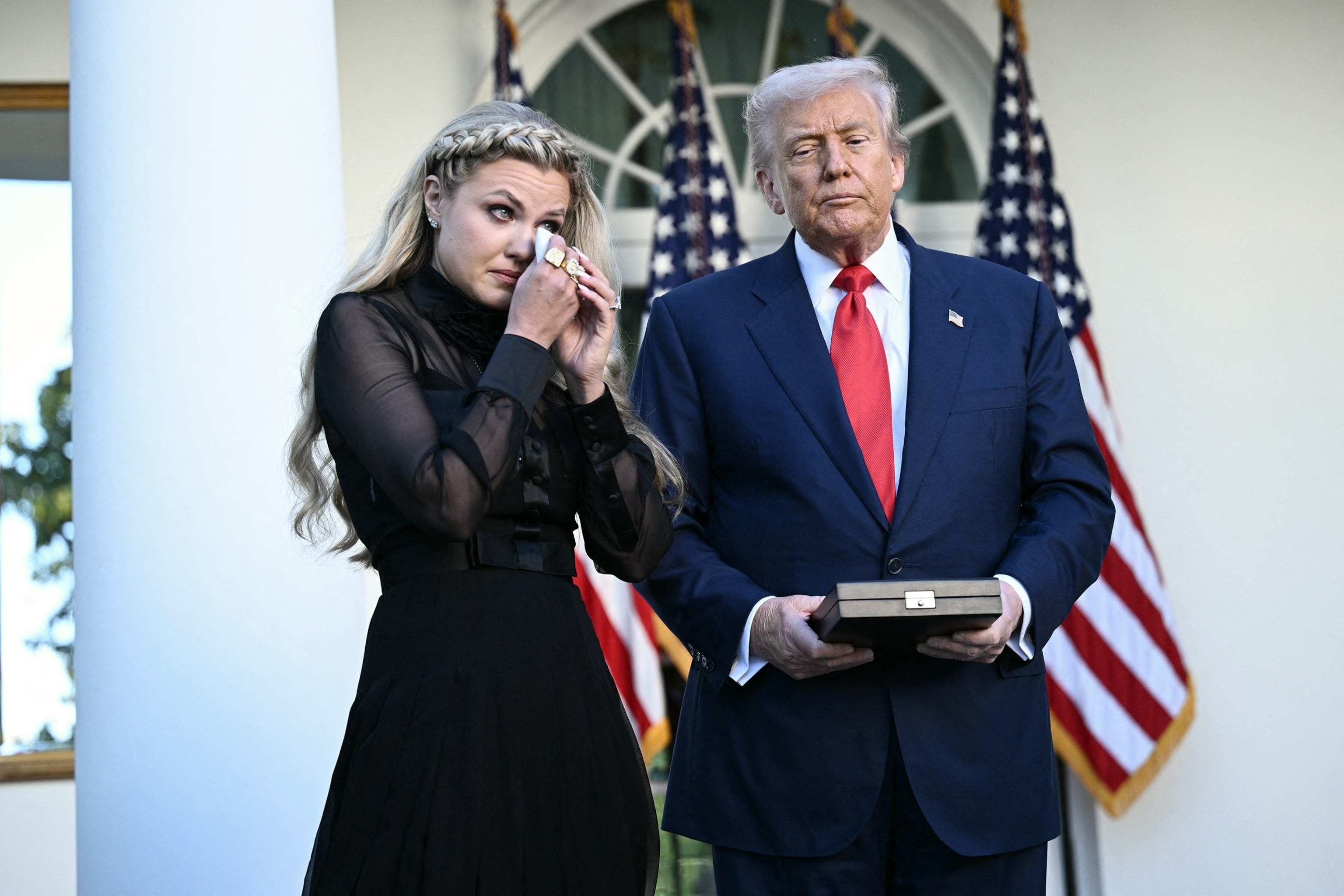
In a surprising development that has sent shockwaves through the political landscape, New York Attorney General Letitia James has been indicted by a federal grand jury on charges of mortgage fraud.
The unsealing of the indictment today has brought the spotlight back onto James, a figure who has long been at the center of high-profile political and legal battles, including her civil suit against President Donald Trump.
The charges, which include making false statements to a financial institution, stem from her actions related to the purchase of a property in Virginia.
The Department of Justice’s announcement alleges that James knowingly misrepresented critical information in her mortgage application to secure favorable loan terms.
Specifically, the indictment claims that she falsely stated the property was her primary residence, when in fact, it was intended as an investment property. This misrepresentation, prosecutors argue, influenced the lender’s decision to offer more favorable terms on the loan.
The indictment marks a significant escalation in an ongoing investigation into James’ real estate dealings and mortgage practices. Over the past year, federal authorities have scrutinized her property documents and financial declarations, issuing subpoenas for records related to the purchase of her Virginia home.
Sources close to the investigation revealed that the grand jury reviewed a wide array of evidence, including bank communications, property appraisals, and testimony from mortgage officers. The evidence presented appears to have been enough to secure an indictment, but the case is far from settled.
James, who rose to national prominence after spearheading the civil fraud case against Trump, has become a polarizing figure in American politics. The indictment comes at a time when tensions between James and the political right are running high.

Critics of James, particularly Trump’s supporters, have long accused her of using her office to settle political scores. The fact that this indictment follows pressure from Trump administration officials who had called for criminal charges against her has raised questions about the political motivations behind the case.
In response to the charges, James’ legal team has vehemently denied any wrongdoing. They argue that any discrepancies in her mortgage documents were simple clerical errors with no material impact on the outcome of the loan.
According to her attorneys, no loan officer relied on the allegedly misrepresented information in making their decision. However, legal observers have noted that this defense may be difficult to prove, as the prosecution’s case seems to be built on internal bank documents and witness statements that suggest a more deliberate attempt to mislead the lender.
The political stakes surrounding the case are immense. James’ role in bringing legal action against Trump has made her a powerful figure within the Democratic Party, and her enemies on the right have been eager to discredit her.
While she is not accused of any criminal activity related to her work as New York’s Attorney General, the timing and nature of the charges have raised suspicions about the motivations behind the indictment.
Many of James' supporters have already labeled the charges as politically motivated, alleging that the DOJ is attempting to target a high-profile Democratic official in retaliation for her legal challenges to Trump.
The investigation into James’ mortgage dealings has been a focus of scrutiny within the Justice Department for some time. Key figures within the department, including Ed Martin, head of the DOJ’s "Weaponization Working Group," and Bill Pulte, director of the Federal Housing Finance Agency, had reportedly lobbied for aggressive action against James.
Sources suggest that they pressed the U.S. Attorney for the Eastern District of Virginia to move forward with the case, despite initial hesitation within the prosecutor’s office.

Some reports even suggest that political pressure led to the removal of the U.S. Attorney, clearing the way for a more compliant prosecutor to take over the case.
The case will hinge on whether the prosecution can prove beyond a reasonable doubt that James acted with criminal intent when she misrepresented her residence status on the mortgage documents.
While legal experts acknowledge that proving criminal intent in mortgage fraud cases can be challenging, they note that the volume of internal documents and testimony presented to the grand jury may suggest a stronger case than originally anticipated.
The prosecution will need to demonstrate that James knowingly and intentionally misled the lender, and that her actions had a direct impact on the terms of the loan.
James’ legal team is already preparing to challenge the charges on the grounds of selective prosecution, arguing that similar mortgage discrepancies have not typically resulted in criminal charges.
This argument will likely form the cornerstone of their defense, but legal analysts caution that it may be difficult to prove, particularly given the evidence already presented by the prosecution.
If convicted, James faces significant legal consequences, including up to 30 years in prison per count, along with substantial fines and the possibility of forfeiting her property.
However, as with many high-profile cases, the legal process could take years to unfold. James is likely to mount a vigorous defense, which could include appeals, procedural motions, and challenges to jurisdiction. Even if the case proceeds to trial, it may take several years before any final resolution is reached.

The potential legal ramifications of the case are far-reaching. While the indictment does not automatically remove James from office, a conviction on felony charges could trigger her removal under New York state law.
The prospect of a state attorney general facing criminal charges is unprecedented, and the implications for both James and her office are significant. If she is convicted, it would represent one of the most significant legal actions ever taken against a state attorney general, with wide-ranging consequences for the integrity of the office and the public’s trust in elected officials.
At the same time, if James is acquitted, the political fallout could be equally severe. Critics of the DOJ and the broader legal system could argue that the charges were politically motivated, designed to undermine a prominent Democratic figure.
The question of whether the case was an example of political weaponization or a legitimate legal investigation is likely to be a central theme in the ongoing public debate surrounding the case.
For now, James remains in office and continues to serve as New York's Attorney General. She is expected to fight the charges vigorously, and her legal team is already preparing for what could be a lengthy and contentious legal battle.
Meanwhile, political allies and opponents alike are watching closely, as the case has the potential to set significant legal precedents and spark further partisan divisions.
The investigation into James’ financial dealings, while still in its early stages, raises important questions about accountability and transparency for public officials.
As more information becomes available, it will likely shed light on the broader issue of how elected officials are held accountable for their actions, particularly when those actions may involve conflicts of interest or potential abuse of power.

The Letitia James mortgage fraud case is far from over, and as the legal process unfolds, the political and public ramifications will continue to reverberate. The questions raised by the indictment touch on issues of political fairness, legal integrity, and the broader dynamics of power in American politics.
In the coming months, the case is likely to remain a focal point for political discourse, legal analysis, and media coverage.
For now, James has denied any wrongdoing and continues to push back against the charges. But as the case moves forward, it is clear that the stakes are high for both her career and the integrity of the legal system.
The fallout from this high-profile case will likely be felt for years to come, making it a key moment in the ongoing political drama surrounding the Trump era and its aftermath.



